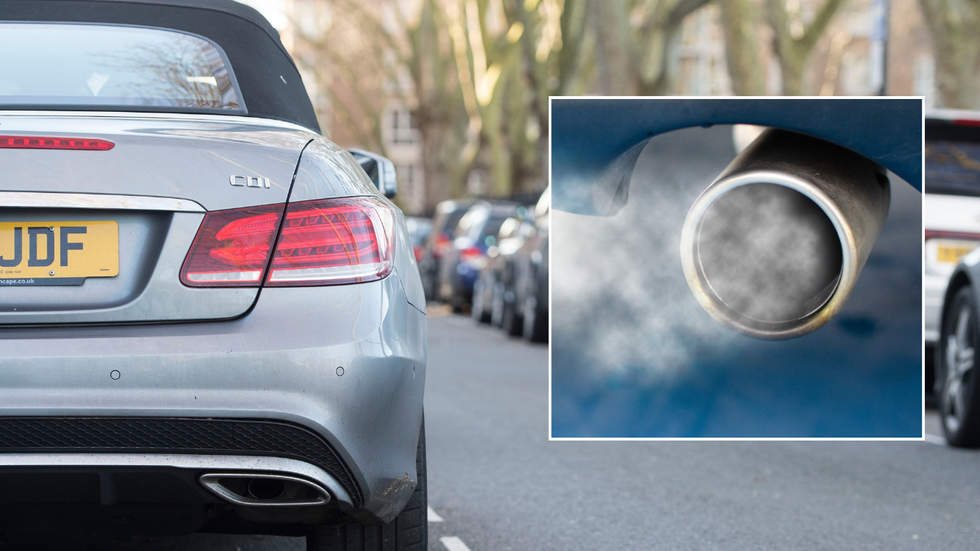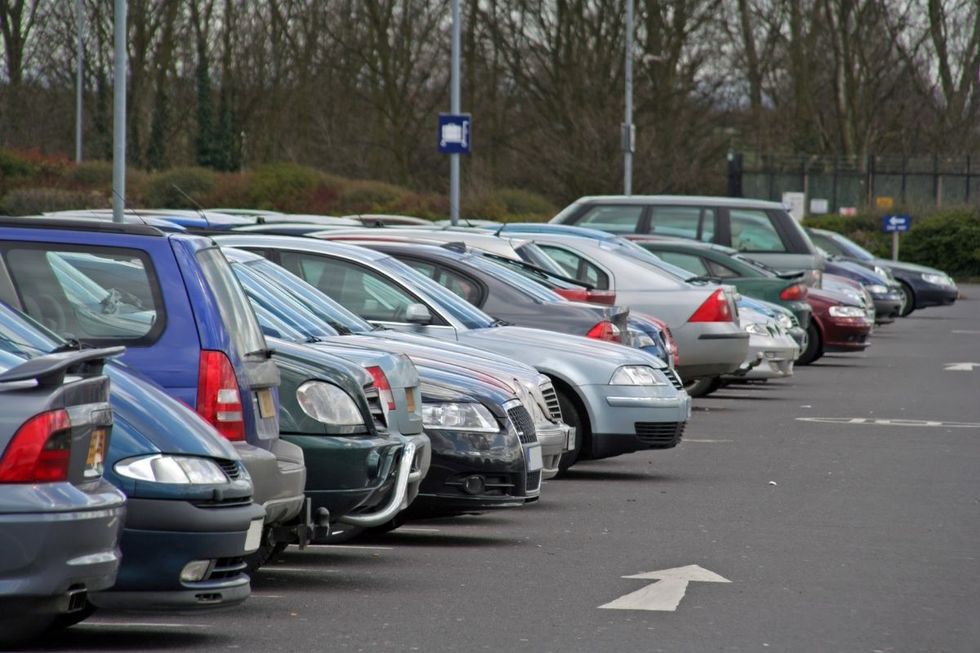Labour-run Reading Borough Council has approved new parking charges that will hit drivers of higher-polluting cars with much bigger fees.
The scheme ties the cost of on-street parking to how much CO₂ a vehicle produces, with petrol and diesel cars now seeing costs skyrocket.
The scheme is expected to come into force in February, but council sources did note that it is more likely to be February 2026 than in just a few months.
Around half of all motorists in Reading will end up paying more once the changes take effect.
The new rules will apply to all on-street pay-and-display bays and to residents‘ parking permits, meaning most drivers in the borough will feel the impact in some way.
Council leaders explained that the move is needed to tackle poor air quality, which they describe as the biggest environmental health risk facing the country.
They argued that the new charges will also encourage people to choose cleaner vehicles and help cut pollution in the town.
Under the new pricing system, drivers of the cleanest cars will pay around £1.20 per hour in the busiest central streets.
At the other end of the scale, people with the most polluting vehicles could face hourly charges of up to £3.40 in these areas.

Under the plans, Reading will be divided into three charging zones: an inner zone covering the town centre, an outer zone surrounding it, and out-of-town areas.
Prices will be the highest in the inner zone and lowest on the outskirts, where the cheapest vehicles will pay £1 an hour.
The council has released detailed tables showing six emissions bands, with step-by-step increases based on how much CO₂ a car produces.
In the inner zone, a one-hour stay for a petrol car will range from £3 in the lowest band to £6 at the highest.
Diesel drivers will pay slightly more, from £3 to £6.80, reflecting the higher pollution levels linked to diesel engines.
Only vehicles that emit 151 grams of CO₂ per kilometre or more will face the extra costs.
That means many modern petrol cars – and all electric vehicles – will avoid any surcharge.
The council said it expects roughly half of all vehicles to fall into the lowest charging category, with another quarter paying only small increases.
LATEST DEVELOPMENTS
- Surge in Chinese EVs used to help UK officials meet net zero target sparks national security fears
- Rachel Reeves urged to support electric car drivers at Autumn Budget and ditch pay-per-mile taxes
- Labour targets over 70s behind the wheel under new safety proposals as ‘mature’ drivers deemed unsafe

To calculate the charges, Reading is applying a 20 per cent increase per emissions band for petrol cars and a 25 per cent increase per band for diesel cars.
These rises are applied across all six CO₂ categories, starting at 151–170g/km and rising to 255g/km and above.
Importantly, the new rules only apply to on-street parking. Off-street car parks run by the council will not be included in the emissions-based system.
Councillor John Ennis said: “We are trying to tackle pollution as it affects the health of our residents, particularly children, older people and those with heart and lung conditions.”
He added that transport accounts for about 30 per cent of the UK’s total carbon emissions, making change unavoidable.
Mr Ennis said the council is investing heavily in better bus services and wants to encourage more people to cycle and walk.

Council papers revealed that poor air quality was the country’s most serious environmental health problem, with the authority determined to improve the levels.
Officials insisted that while the new charges will help cut pollution, they are just one part of a wider plan.
Many petrol drivers will not see any increase at all, and electric vehicle owners will remain exempt.
Reading’s decision follows similar schemes already operating in several London boroughs, including Lambeth, Lewisham and Westminster.
Councils in those areas detailed how emissions-based charges have helped improve local air quality.
A comparable system is also in place in Bath and North East Somerset, where officials report positive environmental results.
Our Standards:
The GB News Editorial Charter







Follow